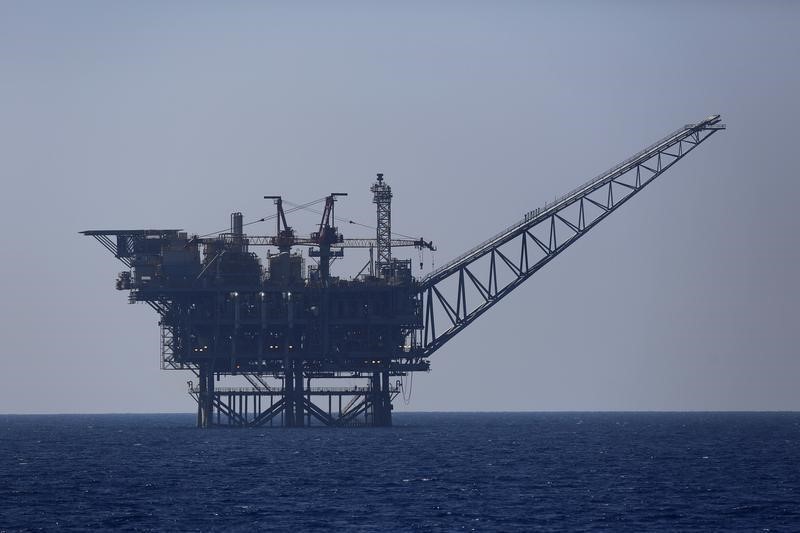© Reuters. FILE PHOTO: Model of LNG tanker is seen in front of the U.S. flag in this illustration taken May 19, 2022. REUTERS/Dado Ruvic/Illustration/File Photo
WASHINGTON (Reuters) – Democratic U.S. Senator Michael Bennet opposes President Joe Biden’s decision to pause approvals of new exports of liquefied , saying on Sunday that it could undercut U.S. efforts to supply gas to Europe as it replaces Russian exports.
Bennet’s comments were a sign that Biden faces dissent from his fellow Democrats on the move, which attempts to balance his climate goals with support for Europe during Russia’s war on Ukraine.
Biden in late January paused new approvals for pending and future applications to export liquefied natural gas. The move — cheered by climate activists — could delay decisions on new plants until after the Nov. 5 election.
The Republican-led U.S. House of Representatives last week passed a bill that would strip away Biden’s power to freeze approvals of the gas exports. The measure passed largely along party lines and faces uphill odds in the Democratic-run Senate.
Bennet, whose home state of Colorado is a natural gas producer, called Biden’s decision “short-sighted” during an interview on Fox News Sunday but did not say whether he would support legislation to reverse it.
Russia has been a large oil and gas supplier to Europe, but since Moscow invaded Ukraine in February 2022, Europe has increasingly purchased U.S. liquefied natural gas.
“I think it’s been very important for American liquefied natural gas to replace the natural gas that Russia was sending to Europe,” Bennet said. “I believe one of the United States’ massive strategic strengths is our energy, our clean energy and our fossil fuels.”
A European Commission official said last week that Biden’s decision will have no effect on U.S. supplies to Europe over the next two or three years.
This story originally appeared on Investing

